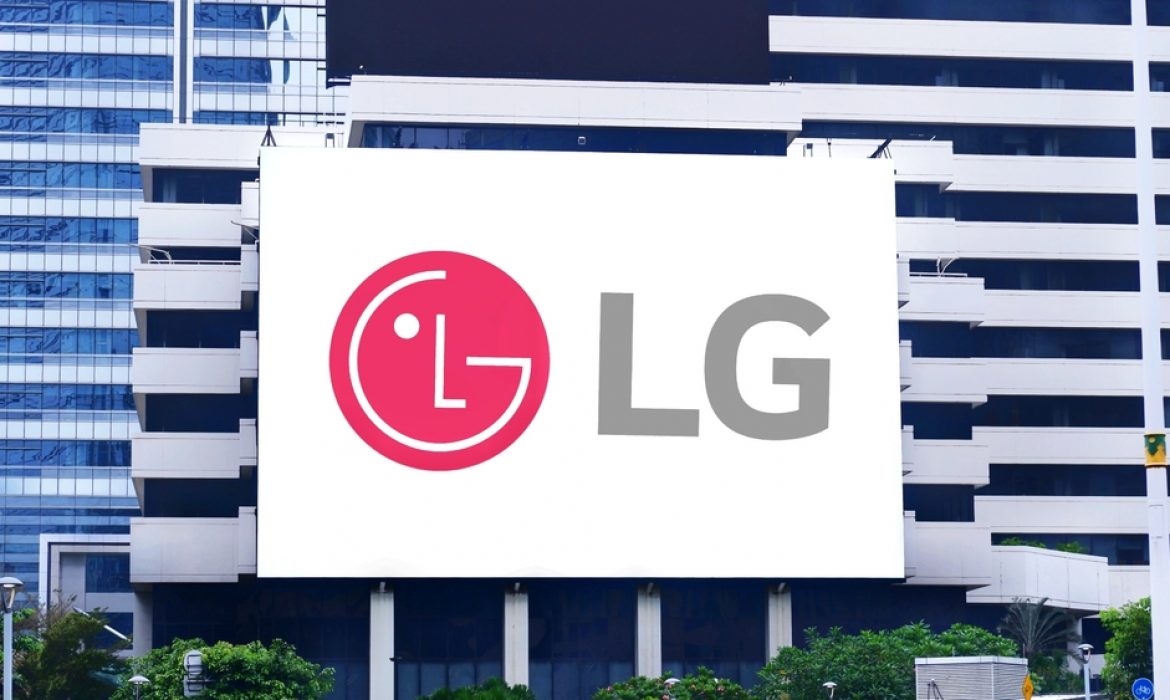Battery maker LG Energy Solution Ltd.’s second-quarter profit fell short of analyst expectations, as the global electric vehicle (EV) market continues to experience a slowdown.
Operating profit for the three months ending June 30 dropped 58% year-on-year to 195.3 billion won ($141 million), the Seoul-based company reported on Monday. This figure was significantly below the estimated 282 billion won, according to data compiled by Bloomberg. When excluding a tax credit from the US Inflation Reduction Act, LG reported an operating loss of 252.5 billion won. Revenue also saw a sharp decline, dropping 30% to 6.2 trillion won.
The preliminary report indicated LG Energy’s struggles, which are expected to be detailed further in the final results set to be announced later this month. Following the release of these results, LG Energy shares dipped by as much as 1.4%, although they later stabilized.
LG Energy, a supplier to prominent automakers including Tesla Inc. and General Motors Co., has faced significant challenges due to slowing EV sales and a reduction in lithium prices, which are directly linked to its selling prices. Additionally, car manufacturers have been pressuring battery makers to provide cheaper cells to lower the cost of EVs, especially as high interest rates have dampened consumer demand. Furthermore, LG Energy has been losing its foothold in the global EV battery market to growing Chinese competitors.
Tesla’s global EV market share dropped to 11.1% this year through May, down from 14.8% last year, according to SNE Research. The company’s older models are struggling to compete with the newer offerings from rivals. In Europe, companies such as Volkswagen AG, Stellantis NV, and Mercedes-Benz Group AG are either scaling back or refocusing their battery projects.
“The price of batteries for EVs slumped by almost $50 per kilowatt-hour from its high to around $100,” said Dongjin Kang, an analyst at Hyundai Motor Securities Co. in Seoul. “It means the battery cost fell nearly by $4,000 for GM’s electric SUV Equinox. There’s no reason for carmakers to purchase batteries at the moment; they are still waiting for the price to fall further in the second half.”
For more details, you can read the full article on Bloomberg.


